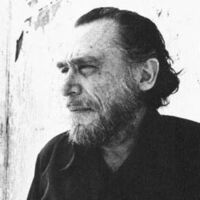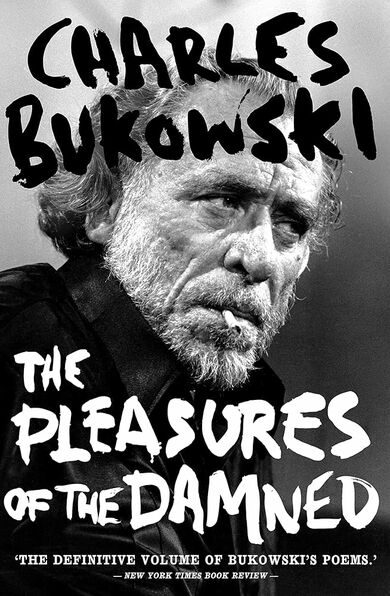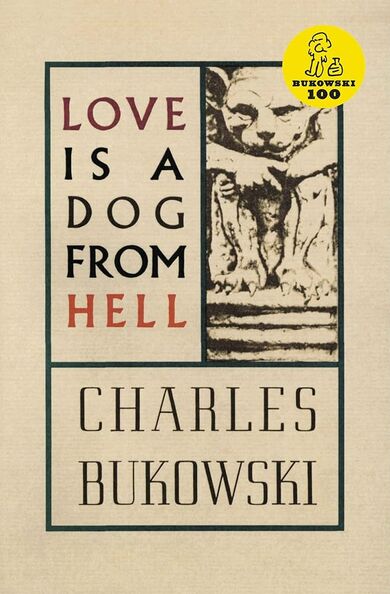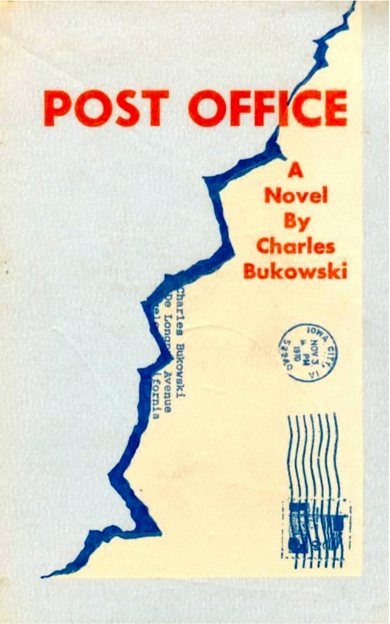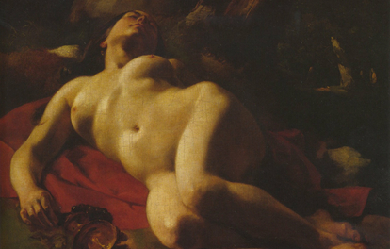That summer, July 1934, they gunned down John Dillinger outside the
movie house in Chicago. He never had a chance. The Lady in Red had fingered him. More than a year earlier the banks had collapsed. Prohibition was
repealed and my father drank Eastside beer again. But the worst thing was Dillinger getting it. A lot of people admired Dillinger and it made
everybody feel terrible. Roosevelt was President. He gave Fireside Chats
over the radio and everybody listened. He could really talk. And he began to enact programs to put people to work. But things were still very bad. And my boils got worse, they were unbelievably large.
That September I was scheduled to go to Woodhaven High but my father insisted I go to Chelsey High.
“Look,” I told him, “Chelsey is out of this district. It’s too far
away.”
“You’ll do as I tell you. You’ll register at Chelsey High.”
I knew why he wanted me to go to Chelsey. The rich kids went there. My
father was crazy. He still thought about being rich. When Baldy found out I
was going to Chelsey he decided to go there too. I couldn’t get rid of him
or my boils.
The first day we rode our bikes to Chelsey and parked them. It was a
terrible feeling. Most of those kids, at least all the older ones, had their
own automobiles, many of them new convertibles, and they weren’t black or dark blue like most cars, they were bright yellow, green, orange and red.
The guys sat in them outside of the school and the girls gathered around and went for rides. Everybody was nicely dressed, the guys and the girls, they
had pullover sweaters, wrist watches and the latest in shoes, They seemed
very adult and poised and superior. And there I was in my homemade shirt, my one ragged pair of pants, my rundown shoes, and I was covered with boils.
The guys with the cars didn’t worry about acne. They were very handsome,
they were tall and clean with bright teeth and they didn’t wash their hair
with hand soap. They seemed to know something I didn’t know. I was at the bottom again.
Since all the guys had cars Baldy and I were ashamed of our bicycles.
We left them home and walked to school and back, two-and-one-half miles each way. We carried brown bag lunches. But most of the other students didn’t even eat in the school cafeteria. They drove to malt shops with the girls, played the juke boxes and laughed. They were on their way to U.S.C.
I was ashamed of my boils. At Chelsey you had a choice between gym and R.O.T.C. I took R.O.T.C. because then I didn’t have to wear a gym suit and nobody could see the boils on my body. But I hated the uniform. The shirt
was made of wool and it irritated my boils. The uniform was worn from Monday to Thursday. On Friday we were allowed to wear regular clothes.
We studied the Manual of Arms. It was about warfare and shit like that.
We had to pass exams. We marched around the field. We practiced the Manual of Arms. Handling the rifle during various drills was bad for me. I had
boils on my shoulders. Sometimes when I slammed the rifle against my
shoulder a boil would break and leak through my shirt. The blood would come through but because the shirt was thick and made of wool the spot wasn’t obvious and didn’t look like blood.
I told my mother what was happening. She lined the shoulders of my
shirts with white patches of cloth, but it only helped a little.
Once an officer came through on inspection. He grabbed the rifle out of
my hands and held it up, peering through the barrel, for dust in the bore.
He slammed the rifle back at me, then looked at a blood spot on my right shoulder.
“Chinaski!” he snapped, “your rifle is leaking oil!”
“Yes, sir.”
I got through the term but the boils got worse and worse. They were as
large as walnuts and covered my face. I was very ashamed. Sometimes at home I would stand before the bathroom mirror and break one of the boils. Yellow
pus would spurt and splatter on the mirror. And little white hard pits. In a
horrible way it was fascinating that all that stuff was in there. But I knew
how hard it was for other people to look at me.
The school must have advised my father. At the end of that term I was
withdrawn from school. I went to bed and my parents covered me with ointments. There was a brown salve that stank. My father preferred that one
for me. It burned. He insisted that I keep it on longer, much longer than
the instructions advised. One night he insisted that I leave it on for
hours. I began screaming. I ran to the tub, filled it with water and washed
the salve off, with difficulty. I was burned, on my face, my back and chest.
That night I sat on the edge of the bed. I couldn’t lay down. My father came
into the room.
“I thought I told you to leave that stuff on!”
“Look what happened,” I told him. My mother came into the room. “The son-of-a-bitch doesn’t want to get well,” my father told
her. “Why did I have to have a son like this?”
My mother lost her job. My father kept leaving in his car every morning as if he were going to work. “I’m an engineer,” he told people. He had always wanted to be an engineer.
It was arranged for me to go to the L.A. County General Hospital. I was given a long white card. I took the white card and got on the #7 streetcar. The fare was seven cents for four tokens for a quarter). I dropped in my token and walked to the back of the streetcar. I had an 8:30 a.m. appointment.
A few blocks later a young boy and a woman got on the streetcar. The woman was fat and the boy was about four years old. They sat in the seat behind me. I looked out the window. We rolled along. I liked that #7 streetcar. It went really fast and rocked back and forth as the sun shone outside.
“Mommy,” I heard the young boy say, “What’s wrong with that man’s face?”
The woman didn’t answer. The hoy asked her the same question again. She didn’t answer.
Then the boy screamed it out, “Mommy! What’s wrong with that man’s face?”
“Shut up! I don’t know what’s wrong with his face!”
I went to Admissions at the hospital and they instructed me to report
to the fourth floor. There the nurse at the desk took my name and told me to
be seated. We sat in two long rows of green metal chairs facing one another. Mexicans, whites and blacks. There were no Orientals. There was nothing to read. Some of the patients had day-old newspapers. The people were of all ages, thin and fat, short and tall, old and young. Nobody talked. Everybody seemed very tired. Orderlies walked back and forth, sometimes you saw a nurse, but never a doctor. An hour went by, two hours. Nobody’s name was called. I got up to look for a water fountain. I looked in the little rooms
where people were to be examined. There wasn’t anybody in any of the rooms, neither doctors or patients.
I went to the desk. The nurse was staring down into a big fat book with
names written in it. The phone rang. She answered it.
“Dr. Menen isn’t here yet.” She hung up.
“Pardon me,” I said.
“Yes?” the nurse asked.
“The doctors aren’t here yet. Can I come back later?”
“No.”
“But there’s nobody here.”
“The doctors are on call.”
“But I have an 8:30 appointment.”
“Everybody here has an 8:30 appointment.”
There were 45 or 50 people waiting.
“Since I’m on the waiting list, suppose I come back in a couple of
hours, maybe there will be some doctors here then.”
“If you leave now, you will automatically lose your appointment. You
will have to return tomorrow if you still wish treatment.”
I walked back and sat in a chair. The others didn’t protest.
There was very little movement. Sometimes two or three nurses would
walk by laughing. Once they pushed a man past in a wheelchair. Both of his
legs were heavily bandaged and his ear on the side of his head toward me had
been sliced off. There was a black hole divided into little sections, and it
looked like a spider had gone in there and made a spider web. Hours passed.
Noon came and went. Another hour. Two hours. We sat and waited. Then
somebody said, “There’s a doctor!”
The doctor walked into one of the examination rooms and closed the
door. We all watched. Nothing. A nurse went in. We heard her laughing. Then
she walked out. Five minutes. Ten minutes. The doctor walked out with a
clipboard in his hand.
“Martinez?” the doctor asked. “Jose Martinez?”
An old thin Mexican man stood up and began walking toward the doctor.
“Martinez? Martinez, old boy, how are you?”
“Sick, doctor . . . I think I die . . .”
“Well, now . . . Step in here . . .”
Martinez was in there a long time. I picked up a discarded newspaper
and tried to read it. But we were all thinking about Martinez. If Martinez
ever got out of there, someone would be next.
Then Martinez screamed. “AHHHHH! AHHHHH! STOP! STOP! AHHHH! MERCY! GOD! PLEASE, STOP!”
“Now, now, that doesn’t hurt . . .” said the doctor. Martinez screamed
again. A nurse ran into the examination room. There was silence. All we
could see was the black shadow of the half-open doorway. Then an orderly ran into the examination room. Martinez made a gurgling sound. He was taken out of there on a rolling stretcher. The nurse and the orderly pushed him down
the hall and through some swinging doors. Martinez was under a sheet but he wasn’t dead because the sheet wasn’t pulled over his face.
The doctor stayed in the examination room for another ten minutes. Then he came out with the clipboard.
“Jefferson Williams?” he asked. There was no answer.
“Is Jefferson Williams here?”
There was no response.
“Mary Blackthorne?” There was no answer. “Harry Lewis?”
“Yes, doctor?”
“Step forward, please . . .”
It was very slow. The doctor saw five more patients. Then he left the examination room, stopped at the desk, lit a cigarette and talked to the
nurse for fifteen minutes. He looked like a very intelligent man. He had a
twitch on the right side of his face, which kept jumping, and he had red
hair with streaks of grey. He wore glasses and kept taking them off and
putting them back on. Another nurse came in and gave him a cup of coffee. He took a sip, then holding the coffee in one hand he pushed the swinging doors open with the other and was gone.
The office nurse came out from behind the desk with our long white
cards and she called our names. As we answered, she handed each of us our card back. “This ward is closed for the day. Please return tomorrow if you wish. Your appointment time is stamped on your card.”
I looked down at my card. It was stamped 8:30 a.m.

